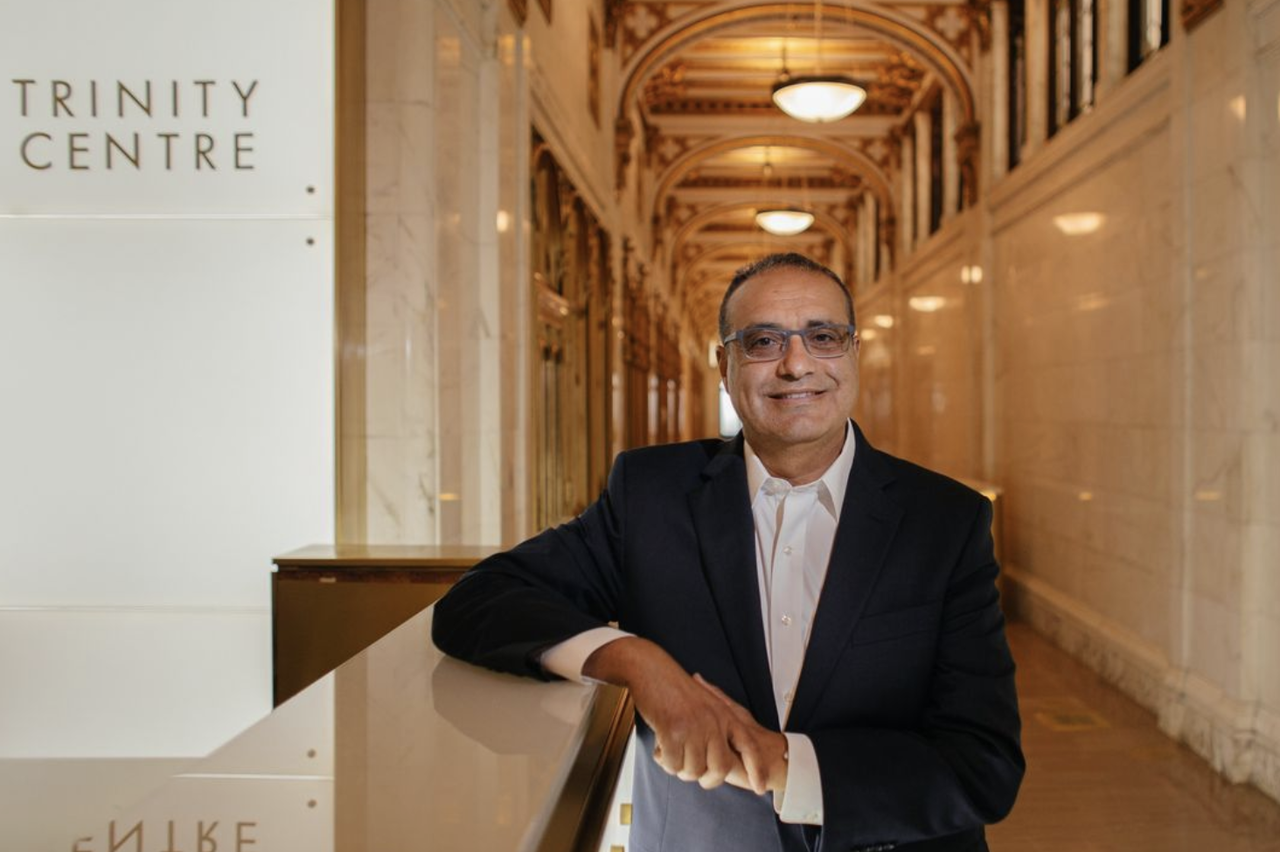HVAC Business Is Booming Amid “Huge Demand” For Medical-Grade Ventilation Systems
Tyler Durden
Wed, 07/29/2020 – 20:05
While most restaurants and retailers have stocked up on gallons of Purell and sanitizing wipes, masks, gloves, toilet paper and other supplies, a growing body of evidence gleaned from scientific studies has shown that the virus’s propensity to spread via airborne transmission is much greater than the WHO had initially believed.
Increasingly, scientists from around the world are pressuring the WHO to change its guidelines to account for this shift in understanding. But the international public health body has, bizarrely, resisted this pressure, inviting even more criticism about the WHO spreading misinformation, like the time one of its top officials said instances of viral transmission involving asymptomatic individuals are “rare”.
Now that our understanding of the virus has matured, and the resurgence in the Sun Belt has prompted cautious business owners to accept that the virus, even once under control, likely won’t be going away any time soon, restaurants and other businesses are paying big money for advanced HVAC systems that use UV light and other advanced techniques to cleanse air of potentially infectious particles.
Bloomberg interviewed a few restaurant owners and others in the hospitality and retail spaces about what they’re buying, and why.
Building specialists are poring over how well heavy-duty filters block microbes and considering whether to install systems that use ultraviolet light or electrically charged particles in the ductwork to kill the virus. Companies including Honeywell International Inc., Carrier Global Corp. and Trane Technologies Plc are benefiting from the surge in demand, offering everything from air-monitoring sensors to portable filter machines to help make up for deficiencies in ventilation.
“Every building is going to have some kind of solution. Is it going to be 100%? No,” said Hani Salama, head of the New York chapter of the Building Owners and Managers Association. “But it’s going to be better than what they have now, and will help mitigate some of these airborne transmission issues that everybody is afraid of.”
This trend isn’t spreading quickly enough. Especially as more studies appear to confirm the findings of one University of Oregon study which found virus particles in the HVAC systems of 25% of hospitals that had treated COVID-19 patients. Even scientists who are skeptical of these findings still think poorly ventilated environments could be dangerous breeding grounds for COVID-19.
Unsurprisingly, industrial giants like Honeywell are cashing in, selling filters designed for medical environments, but retrofitted for modern business settings like restaurants and other facilities.
However, the larger energy costs could create problems, particularly for Democrats who try to justify the cost of AOC’s “Green New Deal”, which requires buildings in cities like NYC to become far more energy efficient, something that would be virtually impossible given all the additional demand for power.
For building owners, the trade-offs abound. It’s best to let in more fresh air, but that puts a strain on cooling or heating. Dense filters that trap more microbes are coveted, yet can choke off airflow and worsen ventilation if a building’s fans aren’t powerful enough. And most solutions require more energy consumption. Building-safety products are proving to be a bright spot for sales at companies like Honeywell, which has technology for “frictionless entry,” automatic temperature-taking and sensors that monitor air quality.
Carrier, which specializes in HVAC and reports earnings this week, has seen its stock more than double since its separation in March from the former United Technologies Corp.
“We’re seeing a very huge demand,” said Manish Sharma, chief technology officer for Honeywell’s building technologies unit. “Everyone wants to see how you can get back to business.”
One owner of a theater chain said he shelled out and purchased new state of the art UV light filters for all of his 80+ theaters across the Southwest..
He said he was convinced by a study showing the filter was “99% effective”. He says he hasn’t heard of anyone getting sick at his establishments.
Allan Reagan, chief executive officer of Flix Brewhouse, adopted elaborate protocols for sanitizing and creating social distancing at his 10 dine-in movie houses. As the risk of airborne spread drew more attention, he hired Trane Technologies to install bipolar ionization for all 87 of the company’s screening auditoriums, at $1,500 a piece.
A study showing the system kills as much as 99% of pathogens won Reagan over, and Flix Brewhouse opened in San Antonio to the public for two weeks to try the system. He said the venue had about 700 visitors, including 50 employees, and he hasn’t heard of any Covid cases that arose.
All of Flix’s theaters are closed for now, mainly because of a lack of new films from Hollywood, he said.
“We tried it out, declared victory, and we’ll come back when we have some good content,” Reagan said. “In the meantime, we’ll be retrofitting our other theaters. So when they reopen we’ll have this technology across the circuit.”
For many years, running a small HVAC business was a reliable means to earn a solid blue-collar living. Maybe some of the unemployed who are about to see their benefits cut should consider a career change, especially all those servers who probably won’t see tips return to normal levels for some time.
via ZeroHedge News https://ift.tt/314dxvU Tyler Durden
